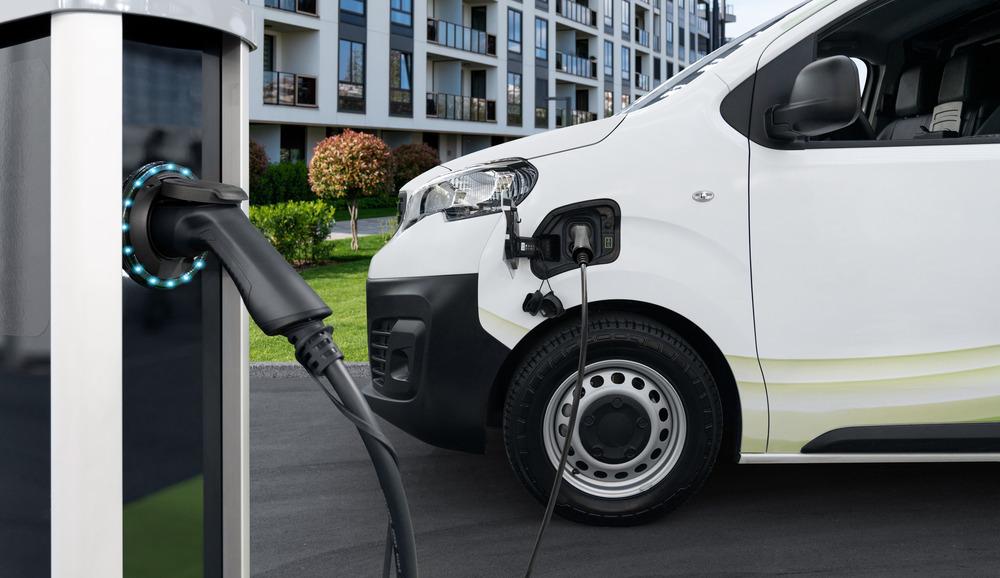New industry and government funding has been announced to boost zero emission vehicle tech, creating jobs and helping deliver long-term economic growth.
Over 40 cutting edge projects across five competitions include next generation battery-electric bus and developing electric trucks for the Royal Mail and NHS.
Minister for industry and decarbonisation, Sarah Jones, will visit two successful projects to reiterate the government’s support for the auto industry and net zero transition.
She said: "Labour is committed to boosting the jewel in the crown of our manufacturing base – the automotive industry. Working in partnership with industry this funding will drive innovation and propel the development of next generation zero emission vehicle technologies.
"From Royal Mail trucks delivering our post, to cleaner, greener bus journeys, this funding will back projects that will lower emissions across the country, while also supporting skilled jobs."
Dozens of green vehicle technology projects including ultra-lightweight vehicles, zero emission buses and new battery technology are set to benefit from £88 million of joint funding to take the UK a step closer to net zero.
Jones will visit Surrey to announce that £88 million of joint industry and government funding has been awarded to 46 innovative projects, including the development of electric trucks for the NHS and Royal Mail, e-motorcycles and wireless charging solutions.
This funding is an important vote of confidence in the UK’s automotive industry, creating thousands of green, skilled jobs up and down the country as the government continues to deliver its mission to get Britain moving and grow the economy for all.
The minister will visit two successful applicants in the government-supported Advanced Propulsion Centre UK’s (APC) Collaborative R&D competition, Protean Electric and Gordon Murray Group.
Protean Electric is working to bring to market new, UK-developed, power-electronics products and Gordon Murray Group is developing an ultra-lightweight vehicle platform for future vehicles. These are key technologies that underpin the UK’s transition to future zero emission vehicles.
Total investment in their projects is £22.5 million, including a government grant of £11 million. Both projects combined are estimated to save nearly 13 million tonnes of CO2, while safeguarding and creating nearly 1,000 jobs.
Ian Constance, chief executive officer at APC, said: "Congratulations to all the companies awarded funding in this latest round of competitions facilitated by the Department for Business and Trade and industry via the APC.
"From collaborative projects to further advance the UK’s excellence in automotive production, to fast-start demonstrators delivering cutting-edge technology in a short period of time, through to our award-winning SME programme, it’s important we continue to show that the automotive sector is vital to the country’s net-zero goals and future economic growth, further evidencing that the UK is a highly investable opportunity."
A report from the Faraday Institution (FI) published today predicts that by 2030, the UK will need battery capacity of around 110 GWh per annum, the equivalent of six gigafactories. Recent gigafactory announcements in the UK by AESC and Tata Group have built excitement about the potential to create a new, dynamic and highly skilled battery industry in the UK.
The FI predicts that 270,000 UK jobs could be supported by the EV and battery industry to 2040.


